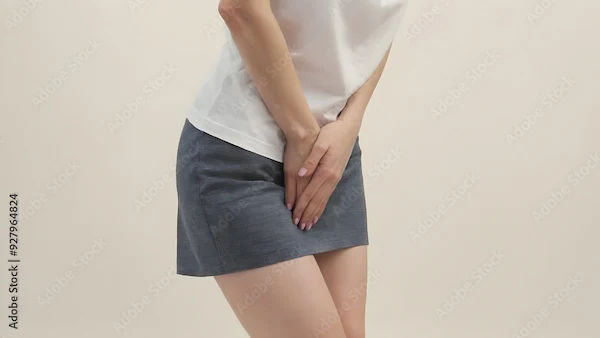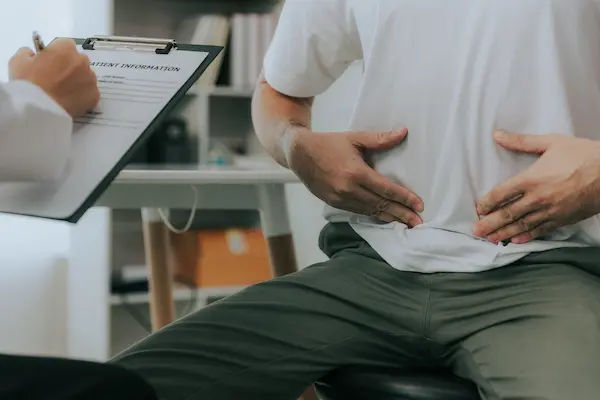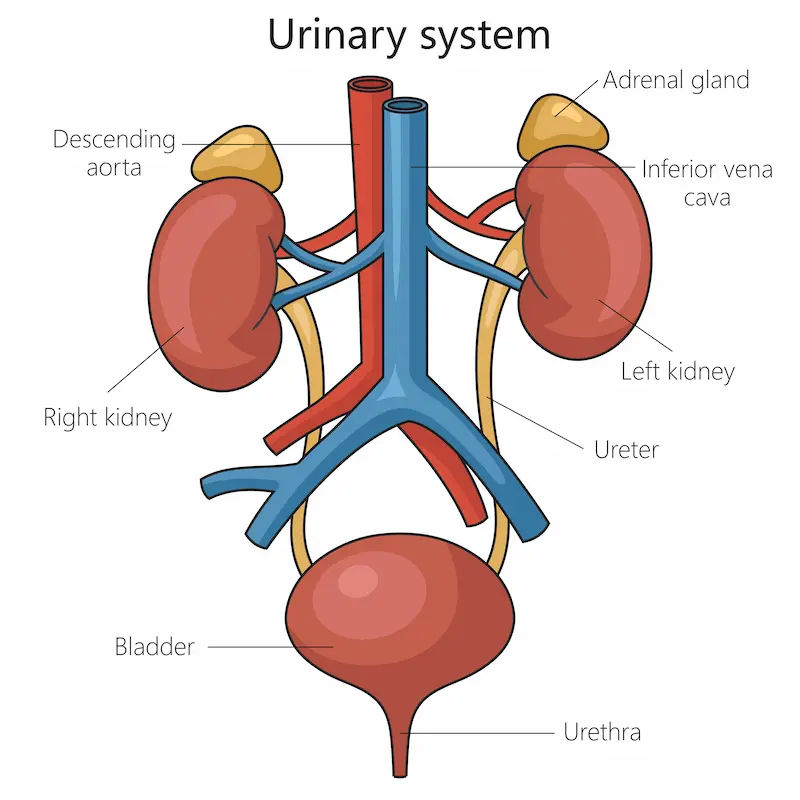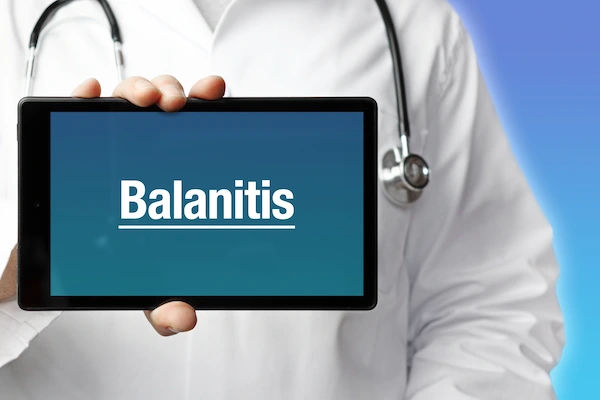- Male
- 28 Years
- 22/01/2025
I'm experiencing some pain in my right testicle along with a bit of swelling and tenderness. It's not there all the time and I can handle it, but it gets painful when I touch the area where the veins connect to the testicle. It feels like something isn't quite right. Can you please give me some advice on what this might be?
Answered by 1 Apollo Doctors
You may be experiencing epididymitis, which is inflammation of the epididymis, the coiled tube located behind the testicle that stores and carries sperm. This condition can cause pain, swelling, and tenderness in the testicle. I recommend you to take an antibiotic such as Ciprofloxacin to treat the infection. Additionally, you can take Ibuprofen as needed for pain and inflammation. Make sure to rest, wear supportive underwear, and apply ice packs to the area to help with swelling and discomfort. If your symptoms worsen or do not improve, please follow up with a healthcare provider for further evaluation.
Dr. Shubham Suggests...
Consult a Urologist
Answered 04/07/2025
0
0

More Urology Health Queries
View allI've been married for a year and a half, and I'm having trouble with penetration even when I'm erect. My wife is getting wet enough, but whenever we try, I just can't penetrate. What's going on, and how can we fix this?
This could be due to a condition called **vaginismus** (involuntary tightening of the vaginal muscles) or psychological factors like performance anxiety. I recommend consulting a doctor to evaluate both partners, as this can often be treated with counseling, exercises, or therapy. Youre not alone in thishelp is available.
Answered by 1 Apollo Doctors
My father needs TURP surgery for his enlarged prostate seen on USG. He has no BP, sugar, or other health issues but has urine passing problems. I've already consulted others but just want to know the approximate cost of TURP surgery
ranges between 70k-1L from hstl to hsptl.
Answered by 1 Apollo Doctors
I'm a bit concerned because my penis is 13.5 cm, and I'm wondering if that's considered small. Sometimes I feel like I need to masturbate to avoid the constant urge for an erection. Could this be a problem?
A penis size of 13.5 cm is within the normal range, and there's no cause for concern. Masturbation can be a natural outlet for sexual urges, but if you feel discomfort or pressure to engage in it, it's important to address any underlying concerns and maintain a balanced approach to your sexual health. If you ever feel unsure or anxious about your body, it might help to talk to a healthcare provider.
Answered by 1 Apollo Doctors
Disclaimer: Answers on Apollo 247 are not intended to replace your doctor advice. Always seek help of a professional doctor in case of an medical emergency or ailment.





